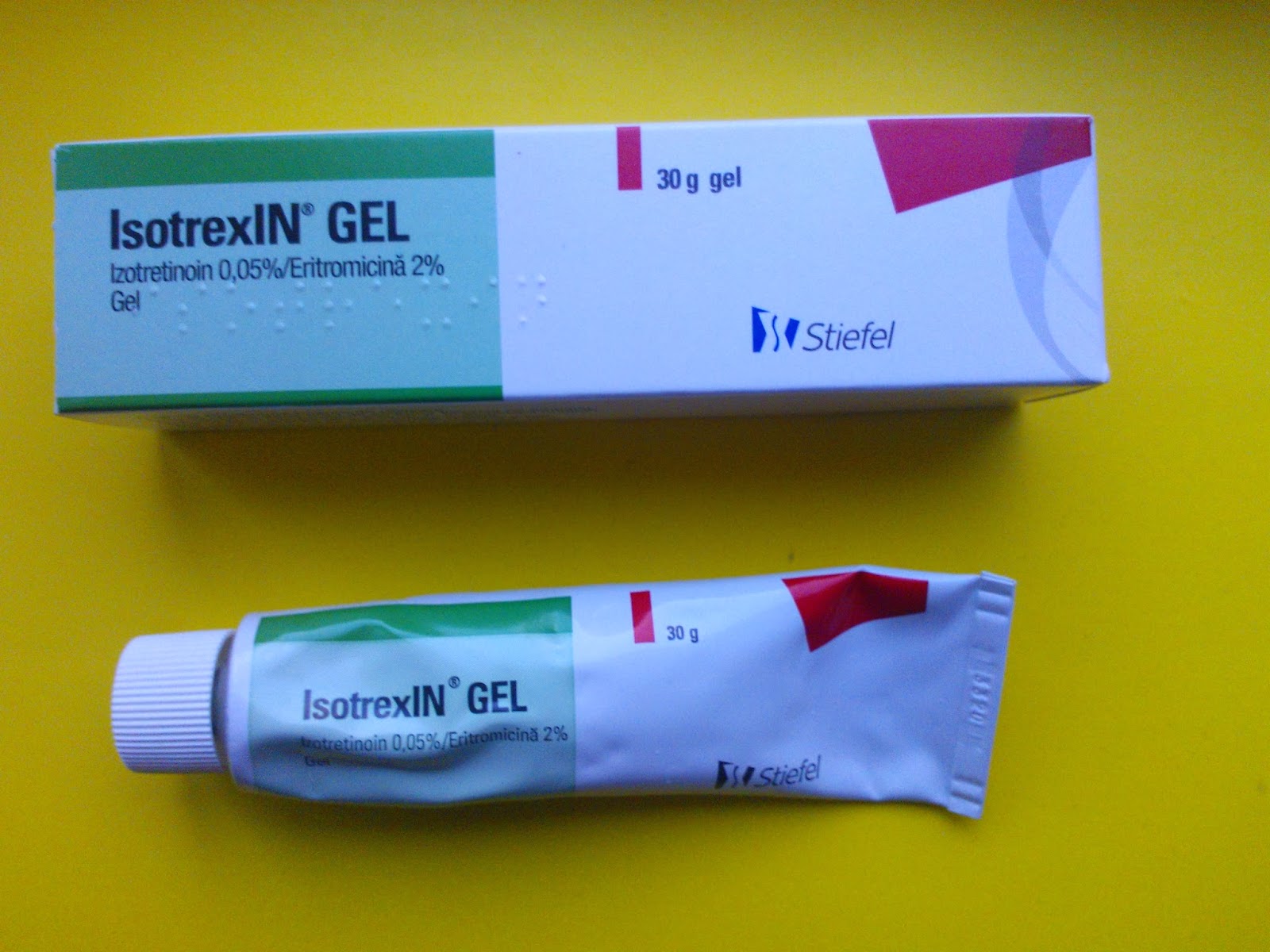Tretinoin is a retinoid that is renowned for its ability to treat acne but it also helps reduce signs of aging like fine lines and wrinkles. It also improves pigmentation and fades sun spots and melasma.
This gel formulation uses a patented delivery system called microspheres that decrease irritation compared to other topical retinoids. Start by using it 2-3 times a week and increase use as tolerated.
How Tretinoin Works
Tretinoin is a first-generation retinoid chemically related to vitamin A that works by changing the way skin cells develop. It reduces the amount of oil produced by skin and helps prevent acne, wrinkles and other aesthetic signs of aging.
It also resurfaces the skin to reduce fine lines and wrinkles and fades hyperpigmentation, like sun spots and melasma. It can be purchased at different strengths, depending on your dermatologist’s recommendation.
When applying tretinoin, use a small amount. A pea-sized amount should be enough for most patients. Avoid applying it to severely inflamed or open lesions. It can cause the skin to dry out, so you should apply a water-based moisturizer after each treatment session. You should start with low concentrations such as 0.01% and increase your dosage gradually to get used to this medication. Avoid using other skincare products containing acids or exfoliants while on tretinoin as these can make it work less effectively. It can also make your skin sensitive to sunlight so you should wear sunscreen and stay out of the sun as much as possible.
Common Side Effects
After you start using tretinoin your skin may appear flaky or dry. This is normal and will improve as your skin gets used to the medication. To minimize this effect, you should use an oil free moisturizer before and after applying tretinoin. It is also important to avoid sun exposure while using tretinoin. You should use a broad spectrum sunscreen, wear protective clothing and limit your time in the sun.
It can take 8-12 weeks before you see results from tretinoin. You should not use this medication if you are pregnant. If you become pregnant while using tretinoin you must stop the medication and discuss birth control options with your doctor. You should use effective birth control and be sure to practice two forms of reliable contraception during treatment.
This medication can pass into breast milk. Do not breast feed while you are using tretinoin. This medication can cause serious harm to a developing baby.
Precautions
You should not use Tretinoin Gel if you are pregnant or plan to become pregnant. This medication is in the FDA pregnancy category C. It is not known whether Tretinoin passes into breast milk or if it could harm a nursing baby. Do not breastfeed while using this medication.
This medication can cause the skin to peel or itch, especially in the beginning of your treatment. This is normal and should improve with continued use. You should avoid exposing the treated area to sunlight or wind. If you must be outside, apply a sunscreen with at least an SPF of 15 or higher. Wearing a hat and protective clothing can also help.
Do not use any other topical medications on the affected area unless your doctor says it is safe. This includes facial cleansers, moisturizers, and other skin treatments. Also, you should not use abrasive skin treatments like sandpaper or exfoliants. You should also not use hair removal products like plucking, waxing, or electrolysis. This medicine is derived from fish, so tell your doctor if you are allergic to seafood.
Warnings
Using retinoids while pregnant is associated with an increased risk of birth defects. If you are of childbearing age, you should use two forms of birth control throughout treatment with tretinoin and afterward.
Do not apply tretinoin to cut, scraped, sunburned or irritated skin. Also, it is not recommended to use this medication on your eyes or inside your nose/mouth. If it gets into these areas, flush with large amounts of water.
Keep in mind that your skin will become more sensitive to sunlight while using tretinoin gel. You should stay out of the sun and use a sunscreen with a high SPF.
It may take up to 12 weeks before you see full benefits from this medication. Your doctor should check your progress at regular visits. Tell your doctor or pharmacist about all the medications, herbs, vitamins and supplements you are taking. Your doctor will need to know before prescribing this medication for you.Tretinoin 0.1% Gel

